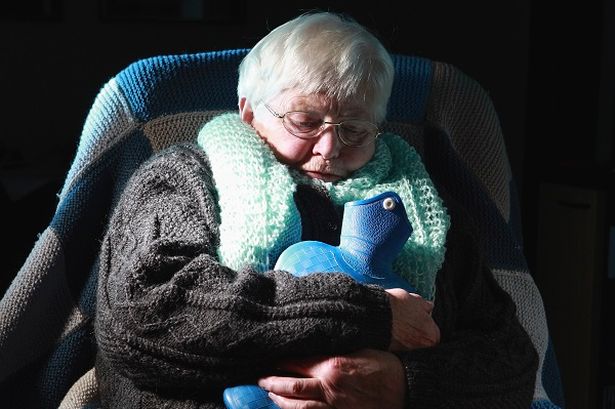
Tariff's Will Be Rolled Back From September
The cost of energy continues to affect our members with many of you converting to solar panels when the generous feed-in tariffs were introduced.
The tariffs were introduced for a set period to kickstart Australia’s uptake of rooftop solar by offering money to solar users who fed energy back into the grid.
A report on the ABC has found more than 275,000 households will be affected when the tariffs are unwound from September to January in New South Wales, South Australia and Victoria.
Reece Turner from Solar Citizens, a non-profit which has 80,000 members across Australia, said the households affected would be primarily older consumers sensitive to the price of electricity.
The electricity bill shock will be, on average $1,500 and 146,000 NSW customers will be hardest hit where the tariff will be wound back from 60 cents for all solar generation to 5.5-7.2 cents per kilowatt hour.
Damien Moyse, of the Alternative Technology Association, said the people with the more generous feed-in tariffs bought their solar panels when they were far more expensive than they are now.
In Victoria, consumers who were paid 25 cents per kilowatt hour for excess solar fed into the grid will have that reduced to five cents and in South Australia the 16 cent tariff will fall to 6.8 cents.
Reece Turner said the rollback for the tariffs pointed to the need for sweeping changes to the national energy market.
“At the moment I can’t just buy electricity from my neighbour, it has to go through a retailer and it’s highly regulated,” Mr Turner said.
“We’d like to see ways that individuals can buy and sell energy from each other and that will ultimately benefit the people who have solar, but also those who don’t, because electricity will become cheaper.”
Consumers urged not to make rash decisions
The report warns consumers away from rushing into decisions about how to mitigate the impact, advising that batteries are still too expensive and will not reap the financial rewards for households in the short term.
It also suggests households should consider switching their gas appliances to electric and to make sure they have smart meters installed.
Sarah McNamara, of the Australian Energy Council, said the rollback of the tariffs is an opportunity for retailers to offer competitive rates.
“What customers should be doing is looking at their retailers and what sort of usage charges apply and what sort of feed-in tariffs they’re offering, and what other bits and pieces might be part of the package a retailer is offering,” she told the ABC.
“And in NSW, the availability of smart meters should give more information to households to enable them to manage their energy use to keep their bills down.”
Mr Turner said he expected a spike in the interest of battery storage when the tariffs are rolled back.
“We will also see potentially people buying more solar panels because these people have up until now been prohibited from adding to their systems,” he said.

